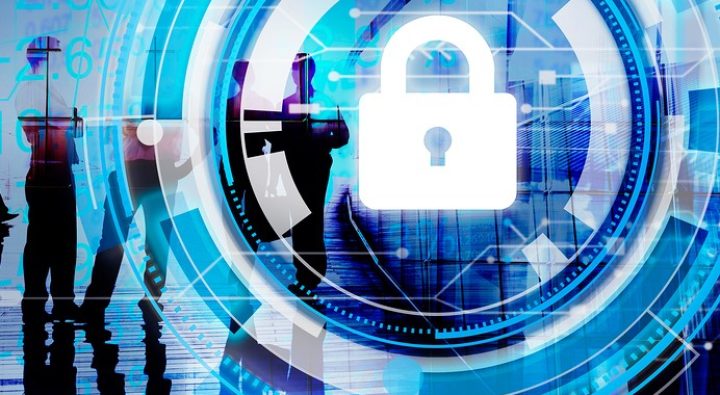used with permission from Microsoft
by Kim Sanchez
When we are young, we are taught to brush our teeth in order to develop healthy and preventative habits. Hopefully by the time we reach adulthood, the act of brushing every morning has become second nature. Yet, when we go online, we don’t always take the same preventative measures with our personal information. Perhaps it’s because we haven’t placed enough importance on developing this healthy habit?
Microsoft released the US results of the third Microsoft Computing Safety Index (MCSI). Designed to gauge consumer online safety habits and behaviors, the Index reveals that the US score has decreased year-after-year since it was first launched in 2011.
So why the drop? The data reveals that while people are not necessarily engaging in risky behaviors, they miss active steps to thwart socially-engineered risks. For example; in 2011, 60 percent of respondents reported using only reputable sites compared to 39 percent in 2013. In addition, less than half of US respondents are still not taking actions such as limiting the amount of personal information they share online, dropping from 48 percent in 2011, to 40 percent in 2013. Nor are they using phishing filters to help stay safer, 30 percent in 2011 compared to only 18 percent in 2013. On average, US respondents are using less than one quarter of the 12 technical tools available for managing online safety, are being used.
The good news: default settings are keeping consumers safer than they realize. While US respondents report using only half of the foundational settings (automatic updates, antivirus software, firewall protections, secured wireless, up-to-date software), after checking, most actually are better protected than they thought (almost four out of five).
Broken out into three tiers of activity – “Foundational,” “Technical+,” and “Behavioral” – the Index assigns a point scale of 0 to 100 based on an individual’s answers. The more steps taken in any given tier, the higher the score.
Didn’t participate in the formal survey? We’ve created an abbreviated version so you can see how you measure up. Go to www.microsoft.com/security/mcsi and take stock of your personal online habits and practices to learn how you compare to US respondents.
Just like looking both ways before crossing the street, it’s never too late to begin developing safer online habits. Microsoft suggests these top three tips to help people worldwide stay safer online – at home, at work, and on the go.
- Protect your computer and your accounts. Keep all software (including your browser) current with automatic updating and install legitimate antivirus and antispyware software.
- Look for signs that a webpage is secure and legitimate. Before you enter sensitive data, check for evidence of encryption, meaning a web address with https (“s” stands for secure), and a closed padlock beside it. (The lock might also be in the lower right corner of the window.)
- Reduce spam in your inbox. Share your primary email address and instant messaging name only with people you know in person and with reputable organizations. Avoid listing them on your social network page, in Internet directories (like white pages), or on job-posting sites.
No matter where or how people access the Internet, exercising safer digital habits needs to remain part of our daily routine. For additional guidance, regularly check our Safety & Security Center, where all of our tools and materials are located, including our Digital Citizenship in Action Toolkit. Get proactive and get involved – in online safety.
To learn more, contact us today.







